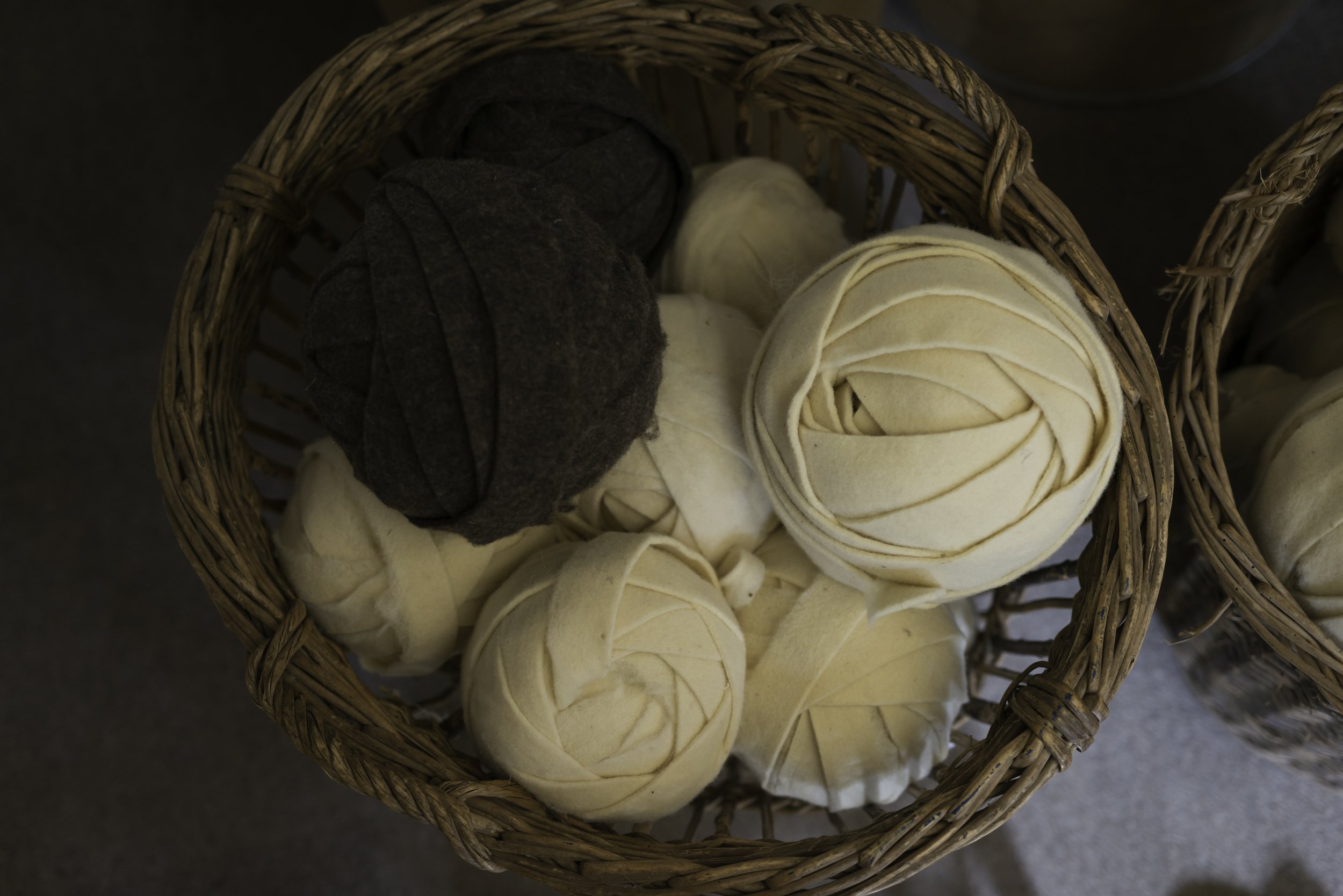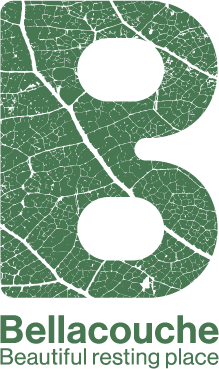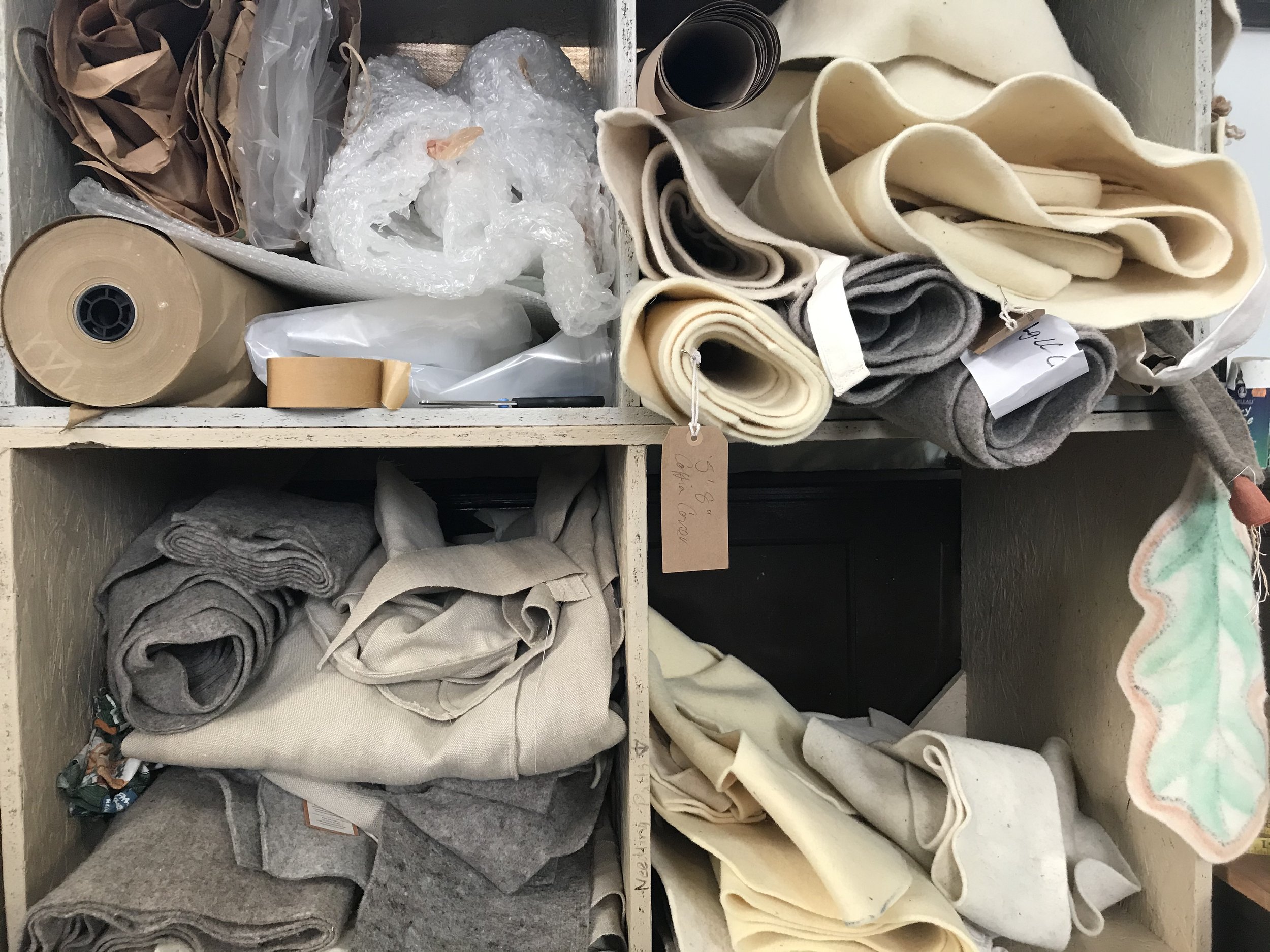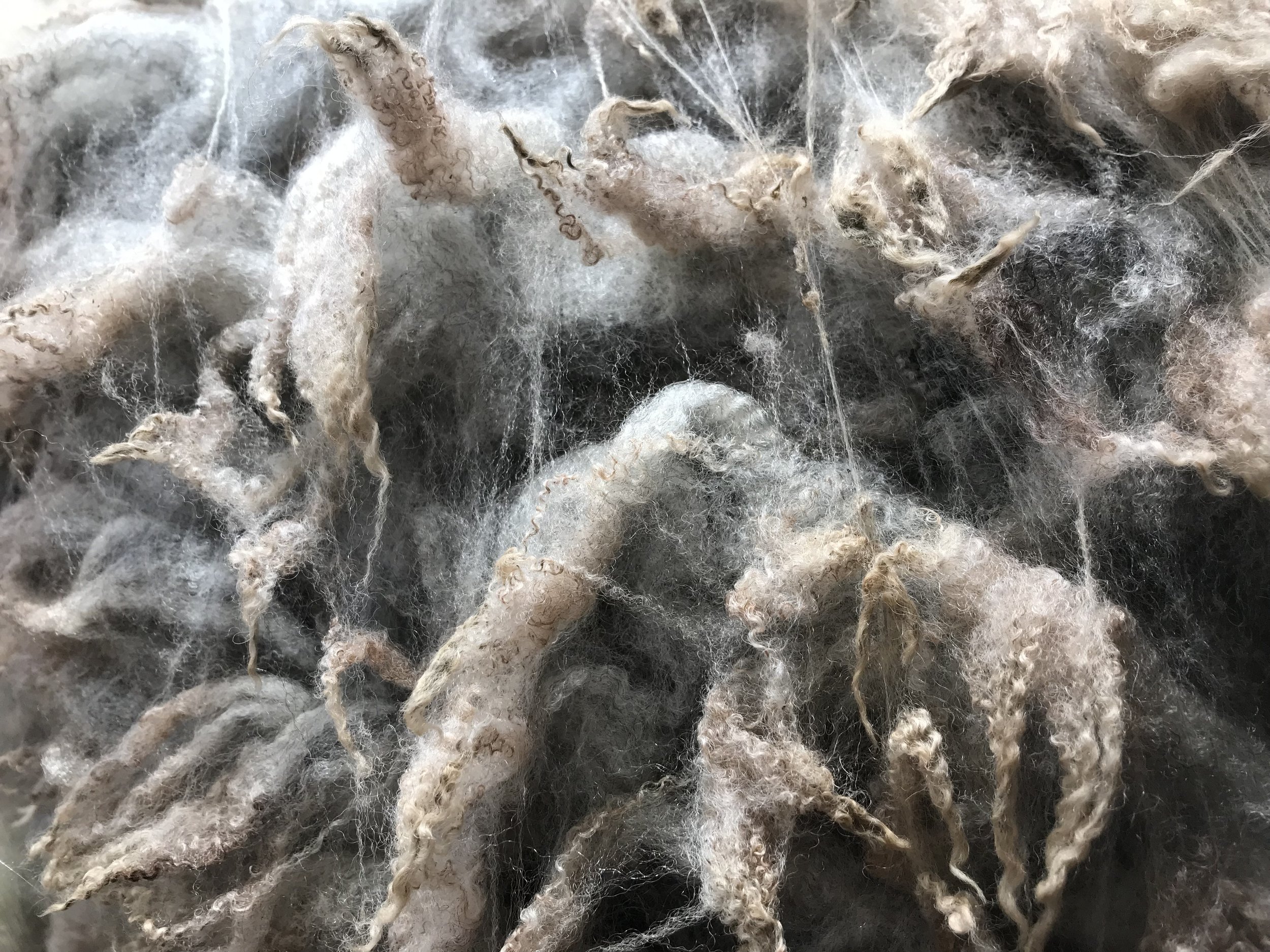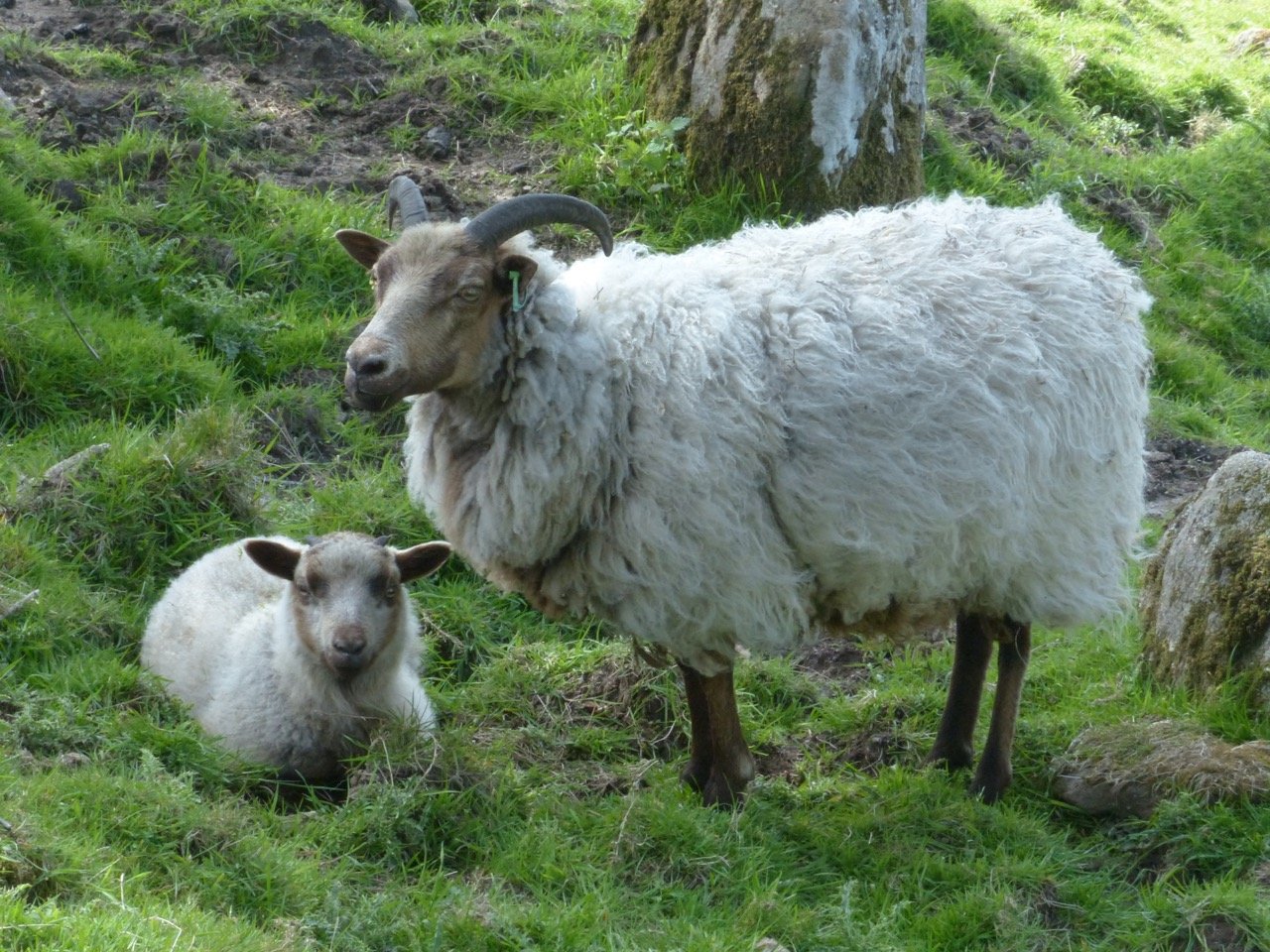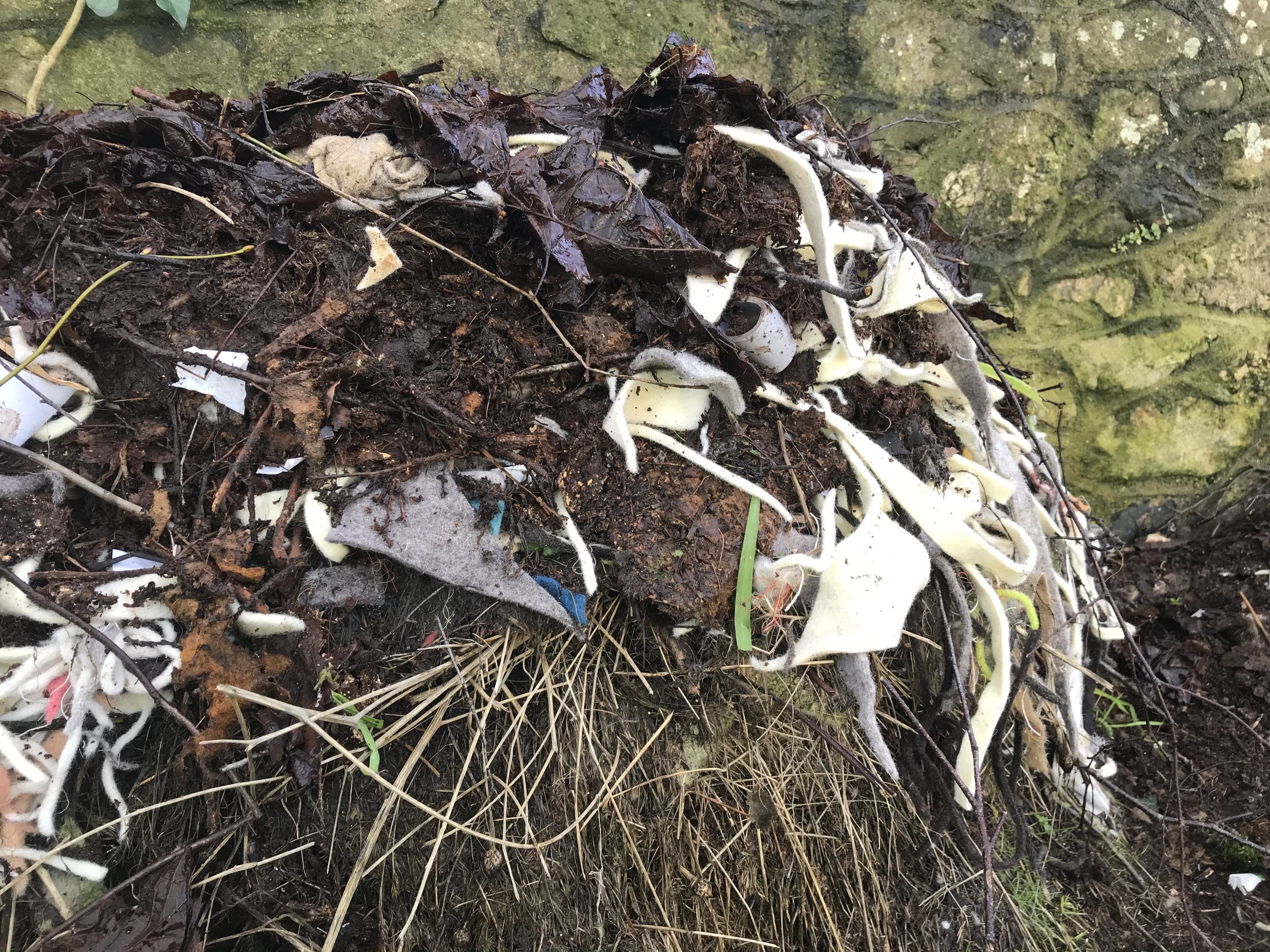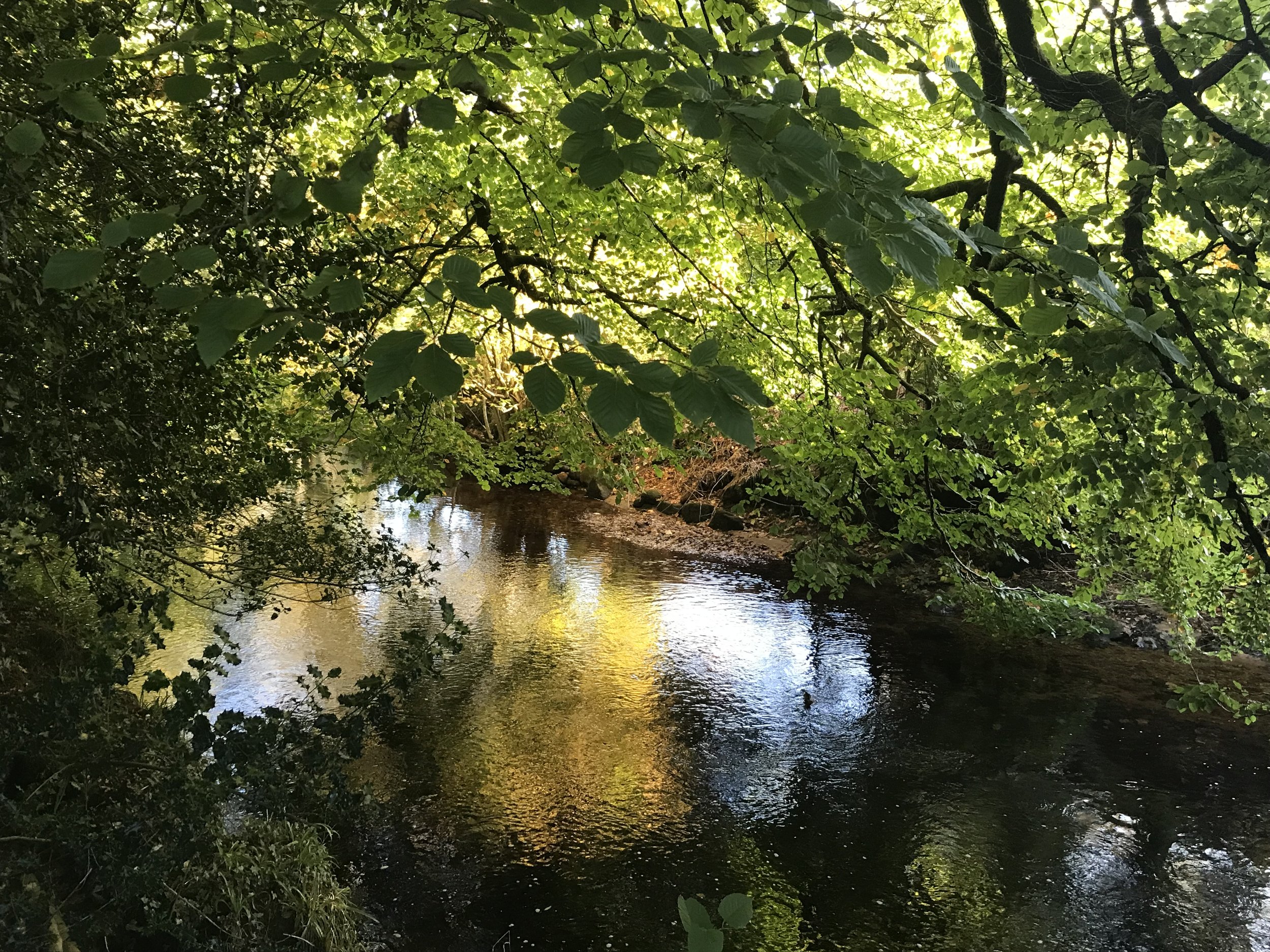
Sustainability
Sustainability is at the heart of what we do and sourcing materials is done with the utmost scrutiny and care. Animal, human and ecological welfare and ethics are the foundation from which we create our products.
Green Funerals and Sustainability
Our sustainability approach
Where possible we choose organic or regenerative options for wool. We re-use what is available locally, especially packaging, such as plastic, paper and cardboard. We may also use up-cycled natural fabrics in some of our products, for instance, the internal straps of the Leafcocoon shroud and for the handles, neither of which are visible. We make packaging from clean, up-cycled and refashioned sleeping bags which we source from our local re-use centre, Proper Job Chagford. They even have a prepaid returnable bag (see video) so that you can return it for re-use. I think this is a fantastic way of further reducing our carbon footprint and impacts on the environment.
Felt offcuts are made into insoles and other products, some are sold to other crafters.
Printing is done by a local firm Hedgerow Print. We reduce mileage for resources and personal/business travel and use electric bikes and public transport in preference. To make full use or our tiny Bellacouche van, we like to share it with others. It is not posh because it is recycled, and we think it is good to keep using and repairing it until we practically can’t.
Wool sourcing and processing
Wool is the only fibre that it is currently possible to grow and process within the UK. Our wool comes from certified organic or regenerative farms, which is organically processed into felt in Yorkshire, our nearest facility.
Wool felt is a low-energy process – there are fewer stages in production than for woven cloth. This also helps to keep the carbon footprint low.
We are part of the Fibreshed movement. Our aim is to find resilience not just in local food production, but fibre as well, so we promote those that are suitable for our biosphere, mainly: wool, flax, and hemp.
Animal Welfare
Our wool is sourced locally in preference and whenever possible. Some of our wool comes from Fernhill Farm, an holistic eco-holding in the Mendips, Somerset. Owners, Andy and Jen have a flock of approximately 600 Shetland-cross sheep selectively bred for their fine colourful fibre, hardiness and ability to restore biodiversity when continually grazing in larger nomadic-style flocks. The organic and regenerative farming certifications demand a high standard of animal welfare and chemicals such as organophosphates, pesticides and fertilisers have no place in this approach.
100% Biodegradable
By avoiding the use of glues, plastics and synthetic materials we can ensure that our final products are 100% biodegradable, meaning compostable. We do not use plastic liners in shrouds, it’s just pure wool, wood and cotton or linen thread.
Fabric labels on our products are GOTS Certified, organic cotton. Our long-lasting wool needling pads are made by us and can even be used as a lumber pad, and eventually composted.
Composting Waste
Natural waste (coffee/tea grounds, thread, paper, and small felt offcuts etc.) are composted on site. The compost is used on our allotment to grow food. Wool makes great compost, especially when it is layered with green garden materials, and we also use it as mulch around trees, raspberries and other fruit bushes. Wool is a ‘soil-to-soil’ fibre, meaning it can be returned to benefit the soil at the end of its useful life. We also provide raw fleece in spring for wild birds to line their nests.
